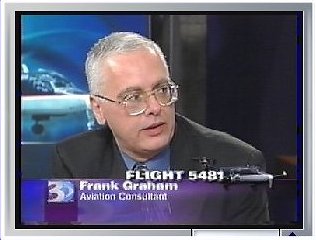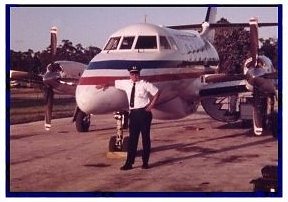
During undergraduate studies, and for a few years prior to that, I worked in broadcasting as an announcer, producer, and studio engineer, gaining broad knowledge and experience in the technical aspects of audiovisual production. I attended the University of North Carolina at Charlotte where I was employed in the language laboratory, also involving audiovisual media, graduating with a Bachelor’s degree in German with high honors. I next attended Winthrop University, graduating Phi Kappa Phi, with a Master of Science degree in Speech Pathology. After completing a one-year clinical internship, I was awarded the ASHA Certificate of Clinical Competence in Speech-Language Pathology.
Thereafter, I was invited to attend the University of South Carolina’s doctoral program in Speech Pathology, where I specialized in voice analysis, both normal and disordered. I taught at the graduate level and supervised students in the USC Laryngeal Research Laboratory, which I designed, installed and operated, on behalf of both the University’s College of Health, and the USC School of Medicine. I recorded and analyzed hundreds of voice samples, and produced synchronized videotapes of vocal fold movement. The pilot study for my planned dissertation was Psychological Stress in Pilot Voices as Reflected in Accident Cockpit Voice Recordings. This involved extensive research and analysis of numerous CVR tapes.
My CVR research led me into the cockpit. After becoming a Certified Flight Instructor (primary, instrument, and multi-engine), I received the Airline Transport Pilot license. I worked at a major airline-owned (US Air/Piedmont) flight school as a flight instructor, then transferred to their charter department performing pilot services in a variety of aircraft. During this time, I also acted as an FAA Accident Prevention Counselor, was an instructor and standardization officer for the Civil Air Patrol, and flew in the U.S. Coast Guard Auxiliary.
I was then hired as a line pilot at American Eagle, the regional affiliate of American Airlines. Because of my education and experience in speech analysis, as well as aviation safety, I was asked by the Allied Pilots Association (APA) to be their representative on the NTSB Cockpit Voice Recorder Group in Washington, DC after the crash of Flight 3379. I transcribed the subject CVR, and performed spectrographic analysis of certain background sounds in the NTSB’s flight recorders laboratory.

I soon formed the forerunner of my company while continuing to assist the APA in developing an analysis of the accident and theories of its causation. Of further note, I investigated many more incidents in my capacity as Director of Safety and Regulatory Compliance at US Airways Express, where I also flew scheduled passenger flights as a management pilot. During that time I also received additional training. I was awarded the Certificate in Aviation Safety Management by Embry-Riddle Aeronautical University in Daytona Beach, FL, where I was an adjunct member of the worldwide campus faculty. Coursework was comprised of aircraft accident investigation, human factors, and safety program administration. I also completed both Basic Safety School and Aircraft Accident Investigation courses taught by the Air Line Pilots Association (ALPA).
I received the Juris Doctor degree from Wake Forest University School of Law where I concentrated my studies whenever possible on aviation law. The topic of my final exam paper in one course addressed the discovery and use of cockpit voice recordings in litigation. Much of the extensive legal and technical research required for this paper course was later used in authoring a widely recognized motion to compel production of the CVR in a highly publicized major air crash trial. My scientific and legal arguments, many of them unique at the time, have subsequently been incorporated in similar CVR discovery motions. It is also noteworthy that my arguments were cited by an invited panel of renowned aviation attorneys during a recent NTSB public hearing, with one of them testifying that the case/motion is the “poster child” for CVR discovery in civil litigation. AeroVox has provided CVR analysis and flight data (FDR) animation in a number of major air crashes and investigated accidents across the country extending to Canada and the Caribbean.
.jpg)
We are known for dedication and loyalty to our clients, unparalled preparation and expertise, and strict adherence to professional ethics. Unlike some consultants, we never attempt to exceed our limitations or scope of experience. Therefore, AeroVox maintains a strong network of colleagues to assist in relevant ancillary areas. When facing issues regarding cockpit voice recordings, flight path reconstruction and animation, and aircraft accident analysis from a technical and legal perspective, you will not find a more capable, qualified consultant or expert witness...anywhere.

























.jpg)